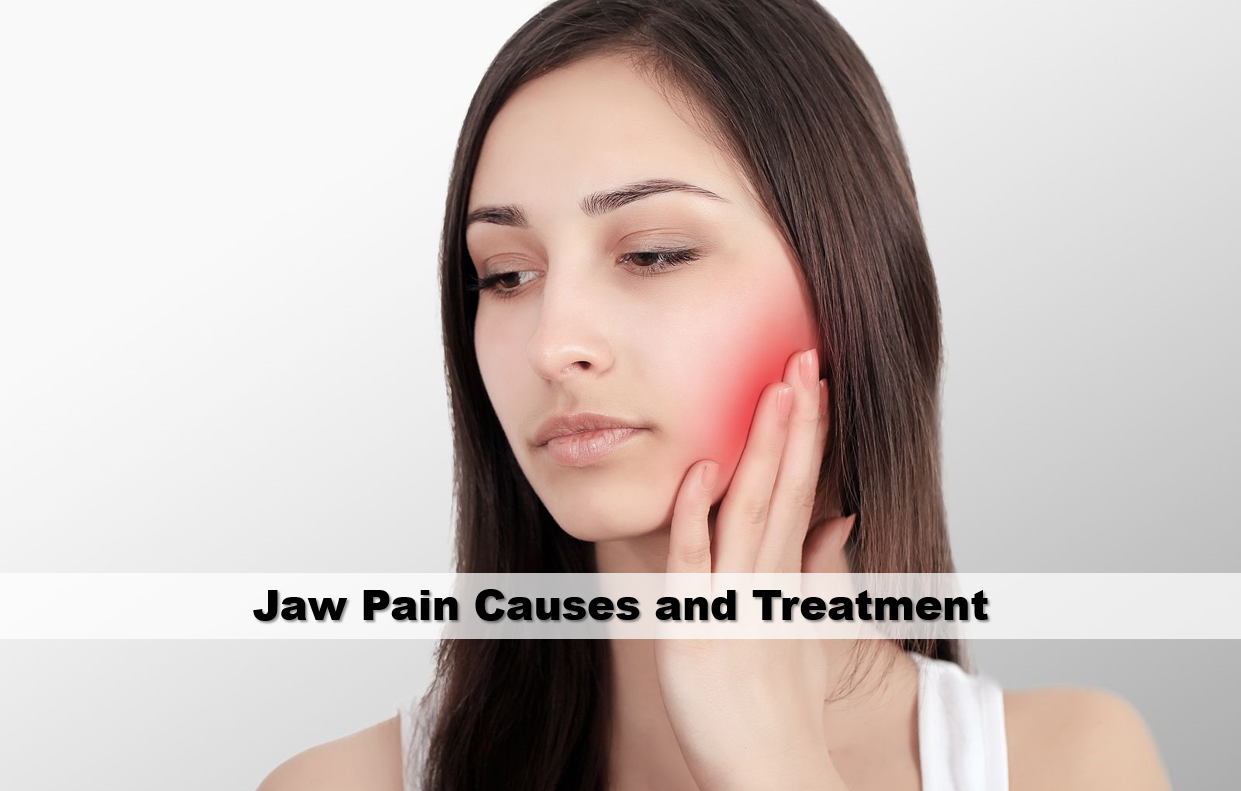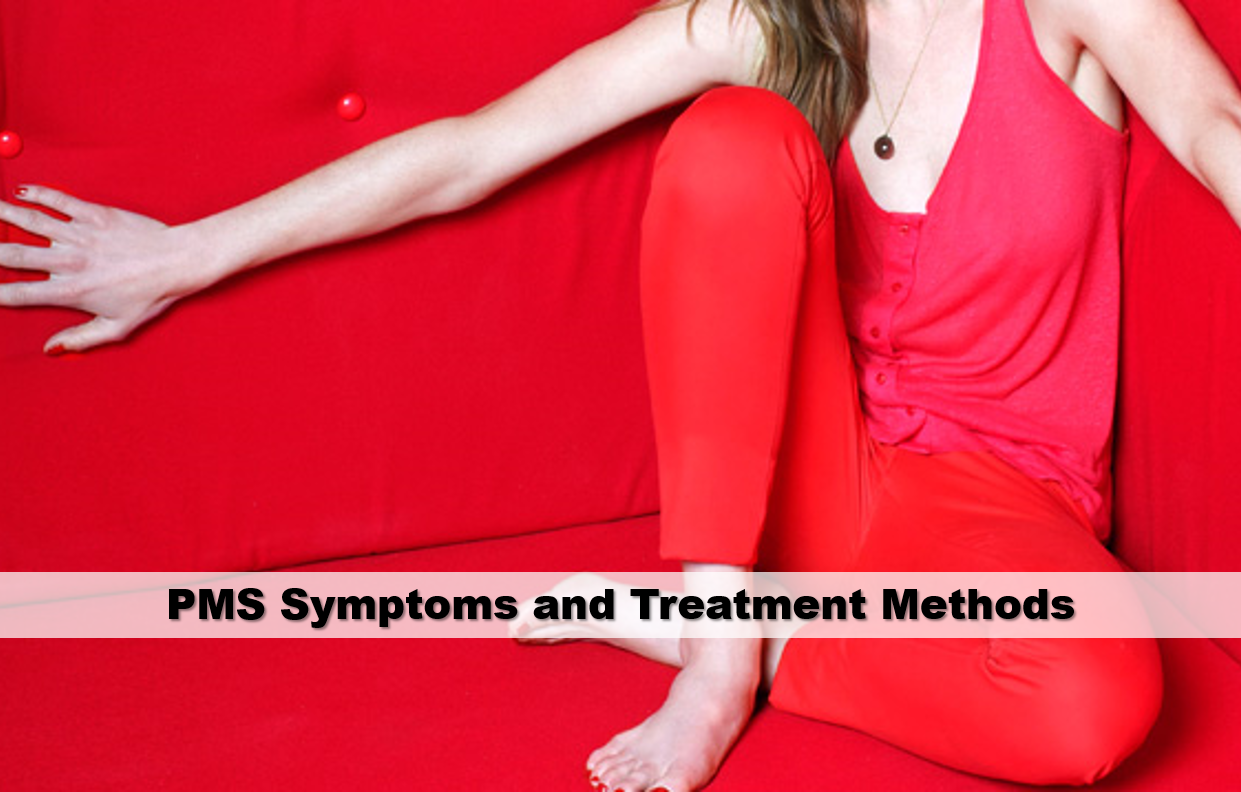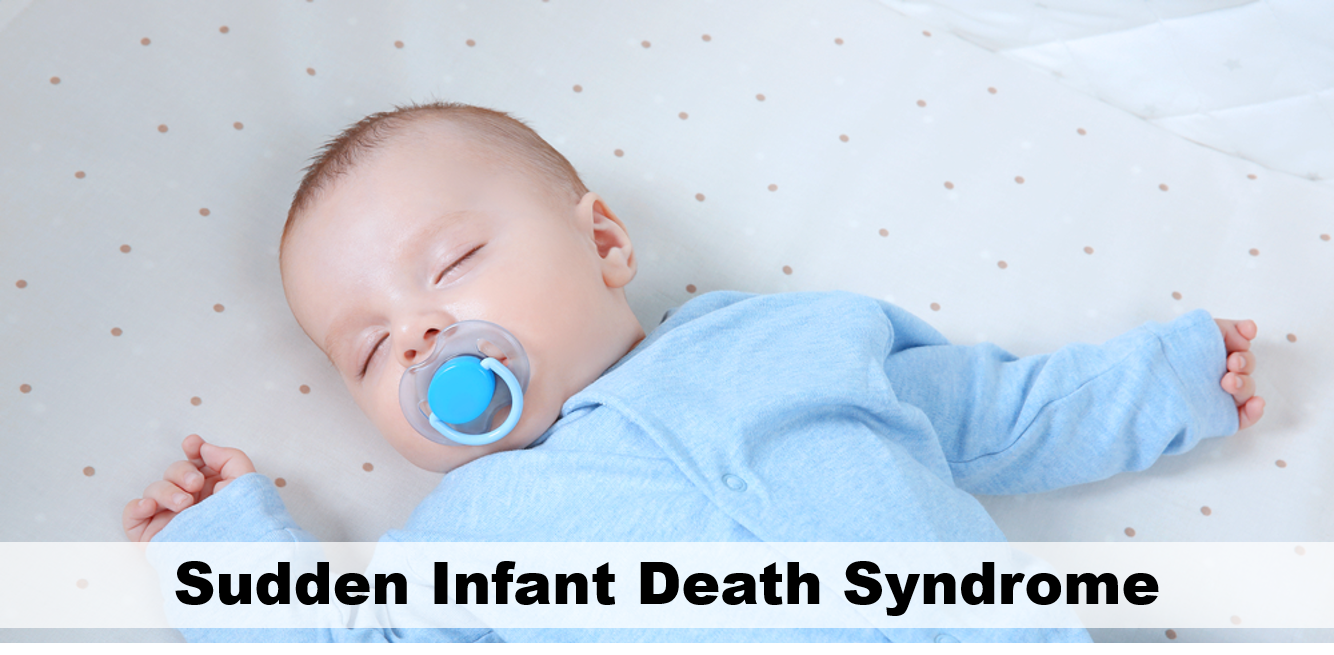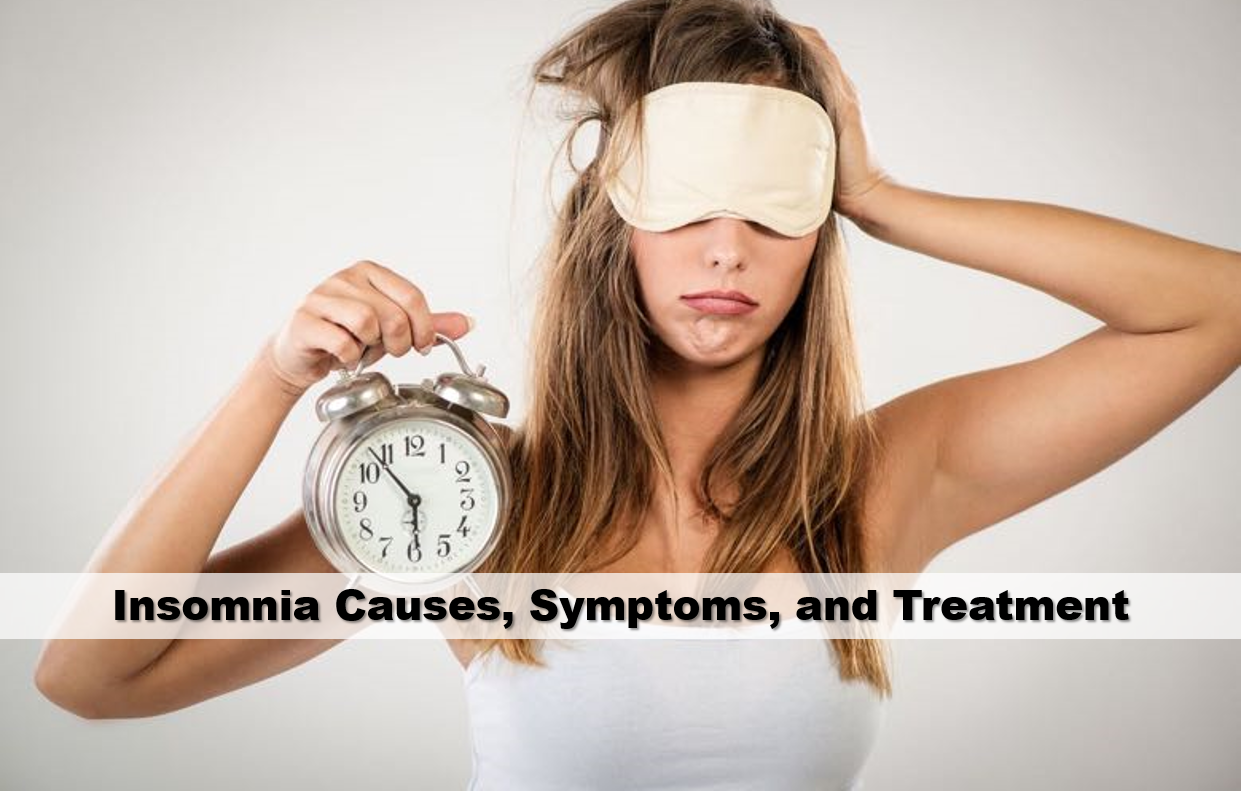Measles Symptoms and Treatment
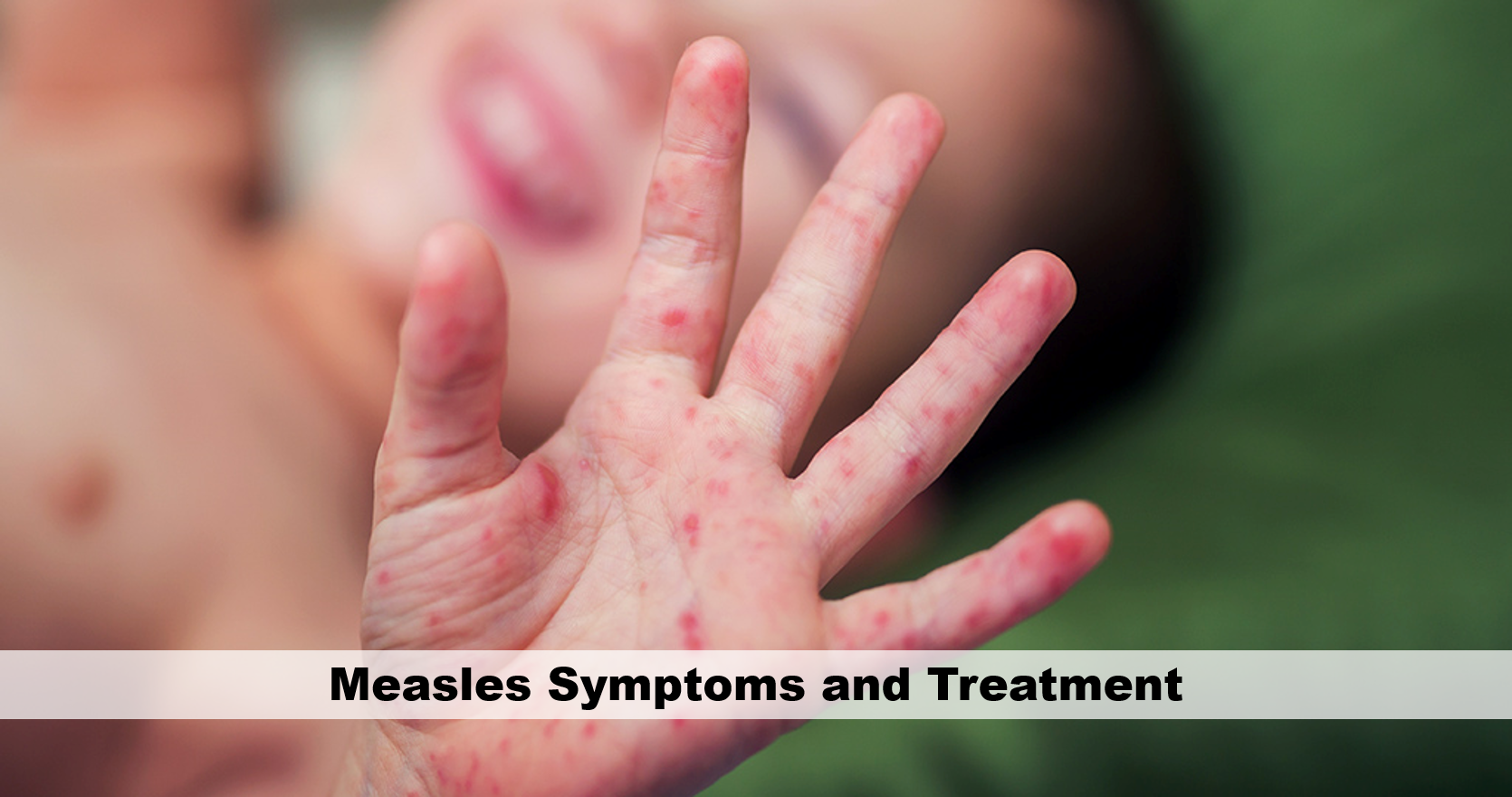
What is measles? What are the symptoms of measles? Measles was one of the most important causes of child death worldwide before the invention of its vaccine. It was first introduced in 1963. Measles is caused by infection caused by the rubella virus, and it is a highly contagious viral infection with rashes. Rubeola virus, which causes complaints such as fever, weakness, and runny nose, can cause fatal health problems such as pneumonia and inflammation of the brain if left untreated. Here, we will give information about symptoms and treatment of measles.
Measles
Measles briefly is a viral infection of the respiratory system. Measles, which is a highly contagious disease, can spread as a result of contact with infected mucus and saliva. An infected person may release the infection into the air while coughing or sneezing. Measles, also known as rubeola, is an endemic disease. The measles virus can survive on surfaces for several hours. As infected particles enter the air and settle on surfaces, anyone in the immediate vicinity can become infected. The World Health Organization (WHO) estimates that 2.6 million people without measles vaccination die from measles each year.
Measles Symptoms
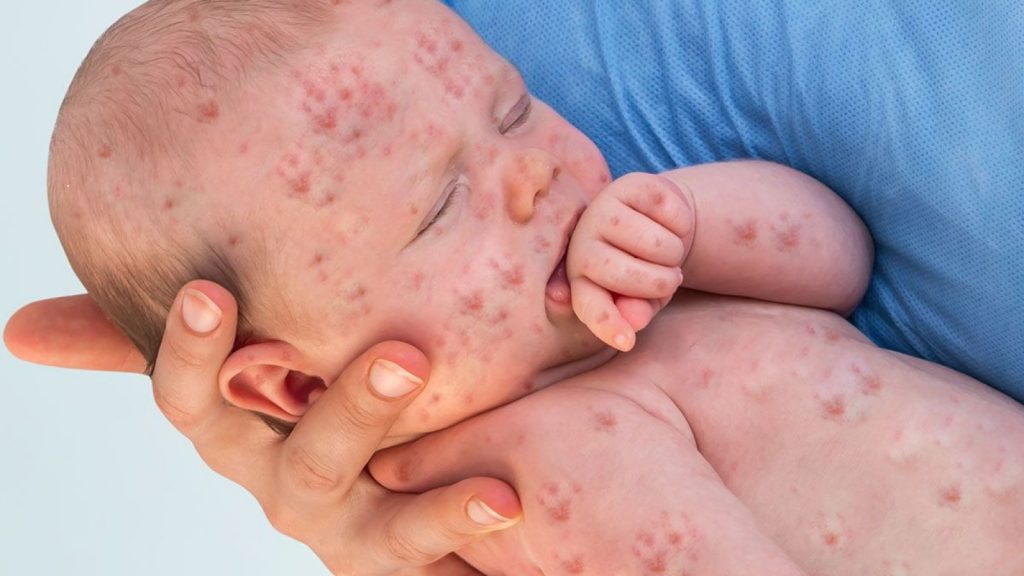
A common skin rash is a classic symptom of measles. This redness can last up to seven days and usually occurs within the first three to five days of the virus. Measles rashes are red and itchy, and measles usually develops on the face and slowly spread to other parts of the body.
Days 1 – 3:
- Mild fever or High fever
- Dry cough
- Runny rose
- Redness of eyes
- Koplik’s spots (small white spots occurring on the gums and cheeks)
Days 4 – 8:
- High fever
- Characteristic rash
- The rash spreads from the back of the ear to the face, from there to the chest and then to the arms and legs.
- Eyes become sensitive to light.
- Conjunctivitis / pink eye
Can measles cause other diseases? The measles infection can lead to a reactivation of tuberculosis infection, pneumonia, inflammation of the lymph nodes of the neck, inflammation of the middle ear, and inflammation of the brain.
Measles Treatment
There is no special treatment for measles. If there is no complication, the doctor will basically give you medications to reduce high fever, relieve sore throat and cough.
- The patient should be isolated for 10 days.
- Patients need bed rest until the fever goes down. Patients should consume foods that will strengthen the immune system.
- You can use painkillers, antipyretics, and cough syrups
- Antibiotic treatment should not be given unless bacterial complications develop.
- People (e.g. family members) who contact a child with measles should take gamma globulin injection to prevent measles.
How to Prevent Measles
Weakened live virus vaccines are administered to a 15-month-old child in a single dose. In children with malnutrition or immune system disorders, a supplementary dose is given after six months. All children older than nine months can be vaccinated during outbreak periods. In this case, a supplementary dose is given after fifteen months. If your body is deficient in vitamin A, it can trigger measles. For this reason, fruit containing vitamin A may be consumed to increase the immune system.

Here, we will talk about measles symptoms, treatment, and prevention in the text above. If you suspect that you have measles, get medical advice immediately. If you have not been vaccinated against measles and have contacted an infected person, you should contact your healthcare provider.

